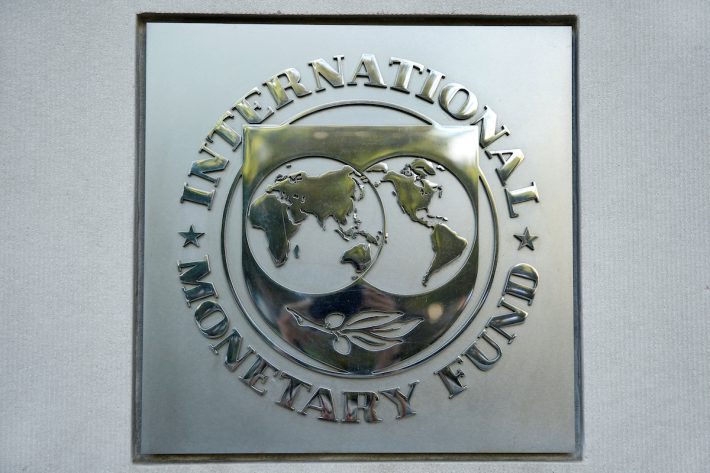





The World Trade Organization (WTO), established nearly three decades ago, is facing significant challenges in the current global economic landscape. Since the 2008 financial crisis and the COVID-19 pandemic, there has been a notable decline in multilateralism, with protectionist policies gaining traction, particularly under the leadership of US President Donald Trump. His re-election in 2024 raises concerns about an escalation in protectionist measures, further threatening the WTO's relevance in facilitating global trade [a7831b27].
In a recent development, China's Premier Li Qiang hosted the '1+10' Dialogue in Beijing on December 9, 2024, which included heads of major international organizations like the World Bank and IMF. During this meeting, Li emphasized the need for global cooperation to combat rising protectionism and geopolitical tensions, asserting that China aims to uphold globalization and multilateralism. He announced plans for more independent opening-up policies and a proactive fiscal approach to boost domestic demand [3fb36837].
The ongoing US-China trade war exemplifies this shift towards protectionism, as tariffs and trade barriers have become more common. The number of Preferential Trade Agreements (PTAs) surged by 500% from the early 1990s to 2019, with Free Trade Agreements (FTAs) covering 19.7% of world trade from 2010 to 2020. This proliferation of bilateral agreements poses a challenge to the WTO's authority and effectiveness in managing global trade [a7831b27].
In the context of Asia, the IMF has warned that retaliatory trade tariffs could undermine the region's economic prospects, raising costs and disrupting supply chains. The IMF forecasts global economic growth at 3.2% for 2024 and 2025, while Asia's growth is projected at 4.6% for 2024 and 4.4% for 2025 [fd1a6431]. The shift in the IMF's stance on trade, now advising Asian nations to focus on boosting domestic demand rather than relying on open trade support, reflects the changing dynamics of global trade [b40d45e1].
As discussions at the annual meetings of the IMF and World Bank highlighted, the external environment for Asian economies has deteriorated since April 2024, with rising trade tensions and geopolitical conflicts increasing risks [fd1a6431]. The implications of Trump's policies and the broader trend towards protectionism could significantly shape future trade policies and international relations, particularly in light of the ongoing conflict in Ukraine [b374a3fa].
Looking ahead to 2025, the interconnected themes of protectionism and China's economic strategies are poised to dominate discussions. China's share of global polypropylene (PP) capacities is forecasted to rise from 26% in 2021 to 45% in 2025, indicating a significant shift in the chemicals market. However, China's demand growth for polyvinyl chloride (PVC) may have turned negative, complicating its export-driven growth model [3750f10b].
Moreover, China's investment in export-based manufacturing has accelerated since late 2021, but the potential for protectionist measures to reshape chemicals trade flows and pricing patterns remains a significant concern. This shift could have profound implications for industries, including the German auto sector, which relies heavily on chemical inputs [3750f10b].
The future of global trade may depend on revitalizing multilateralism, as the WTO struggles to maintain its relevance amid the increasing number of bilateral agreements and the rise of protectionist policies. The need for a coordinated international response to these challenges has never been more critical, and China's recent initiatives may play a pivotal role in this effort [3fb36837].